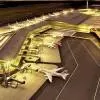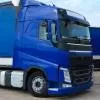What size crushers are dominating the Indian market?
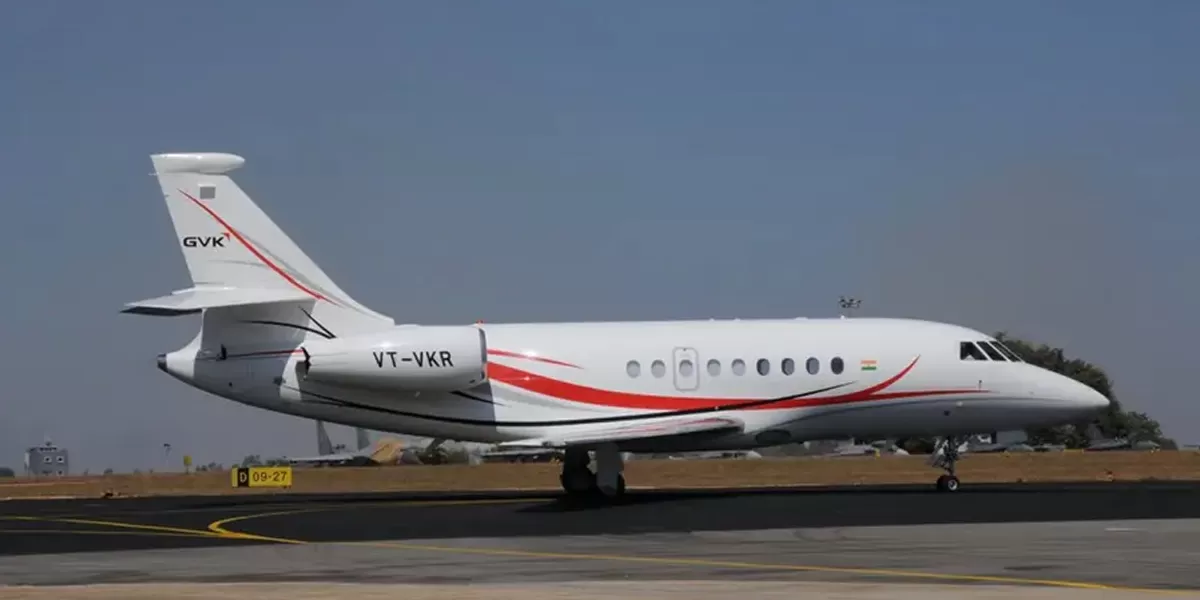
Dassault To Build Falcon Jets In India With Reliance
Reliance Infrastructure Ltd’s subsidiary, Reliance Aerostructure, has signed an agreement with France’s Dassault Aviation to manufacture Falcon 2000 business jets in India, with the first batch expected to roll out from its Nagpur facility by 2028. This marks the first time a Falcon aircraft will be entirely built outside France.The announcement sent Reliance Infrastructure shares surging, hitting the 5 per cent upper circuit on the BSE. Anil Ambani, Chairman of Reliance Group, hailed the agreement as a “symbol of India’s technological and manufacturing strength”, adding that it aims..
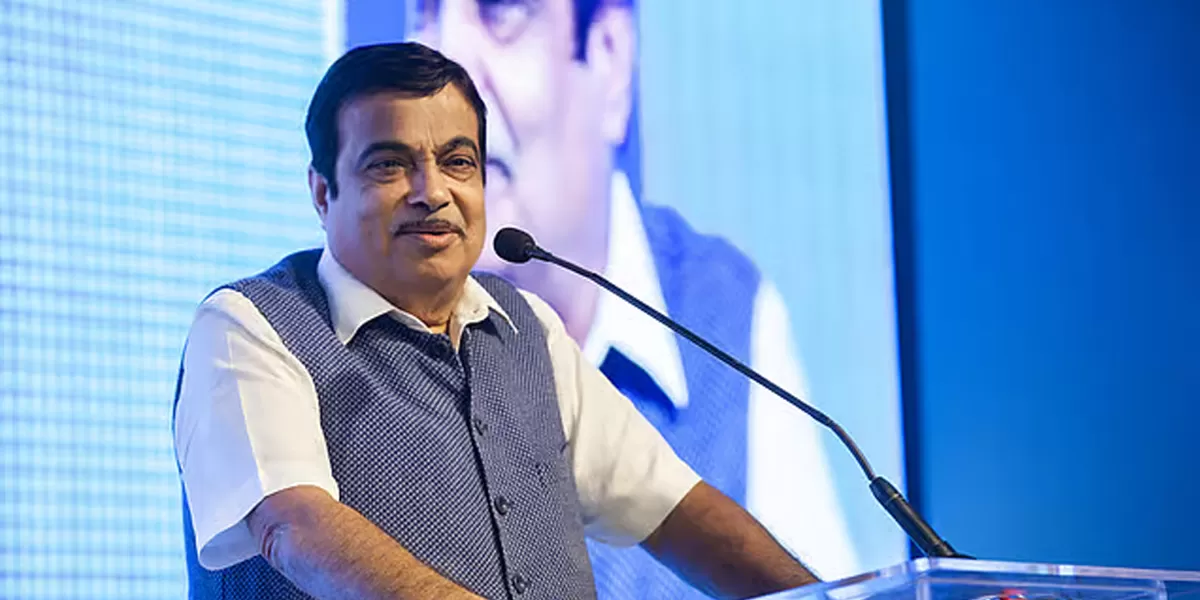
INDEA Lays Foundation for India’s First Auto Design School
The Indian School for Design of Automobiles (INDEA), the country’s first institute focused solely on automobile design and management, held its foundation stone ceremony at XLRI Delhi-NCR. The event was graced by Union Minister for Road Transport and Highways, Nitin Gadkari, who virtually unveiled the stone as Chief Guest.INDEA aims to become a premier talent hub, driving innovation in the Indian automotive sector. The school will focus on advanced design, mobility solutions, and sustainable practices, playing a vital role in shaping India’s transition from a cost-driven to a quality-led a..
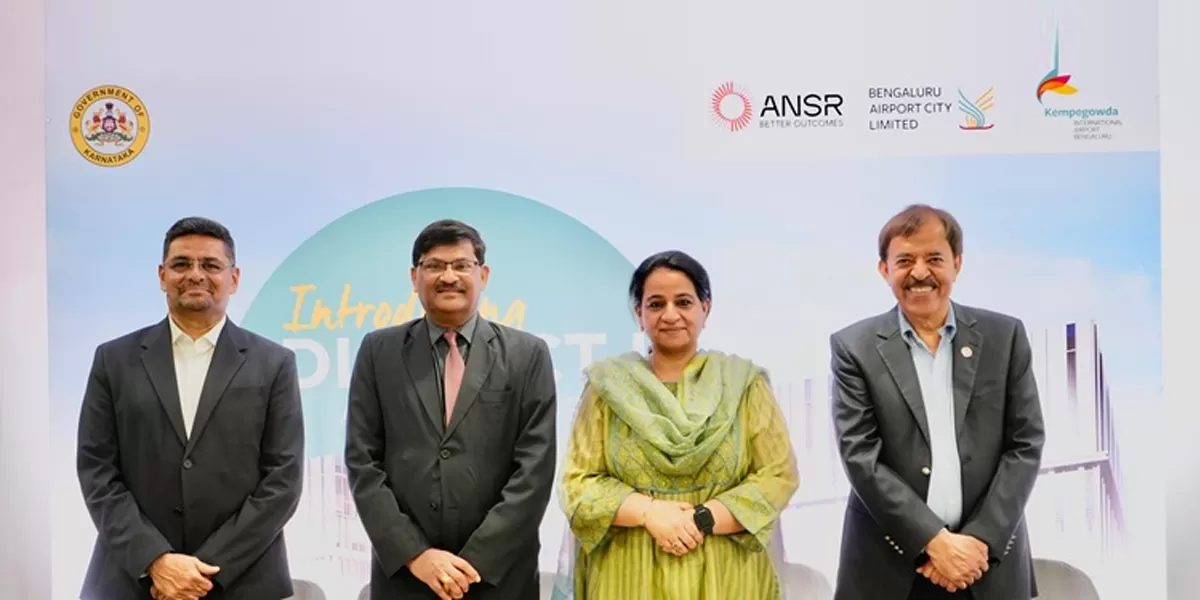
Karnataka Launches Global Innovation Hub at Airport City
The Government of Karnataka, in collaboration with Bengaluru Airport City Limited (BACL) and ANSR, has launched a global innovation hub named District I at Bengaluru Airport City's business park. The initiative aims to elevate India’s innovation ecosystem to a global scale by fostering collaboration among startups, academia, enterprises, and government bodies.District I will serve as a platform for deep-tech entrepreneurship, enterprise innovation, and commercialisation of academic research. It brings together Global Capability Centres (GCCs), IT firms, corporate labs, startups, venture capi..






